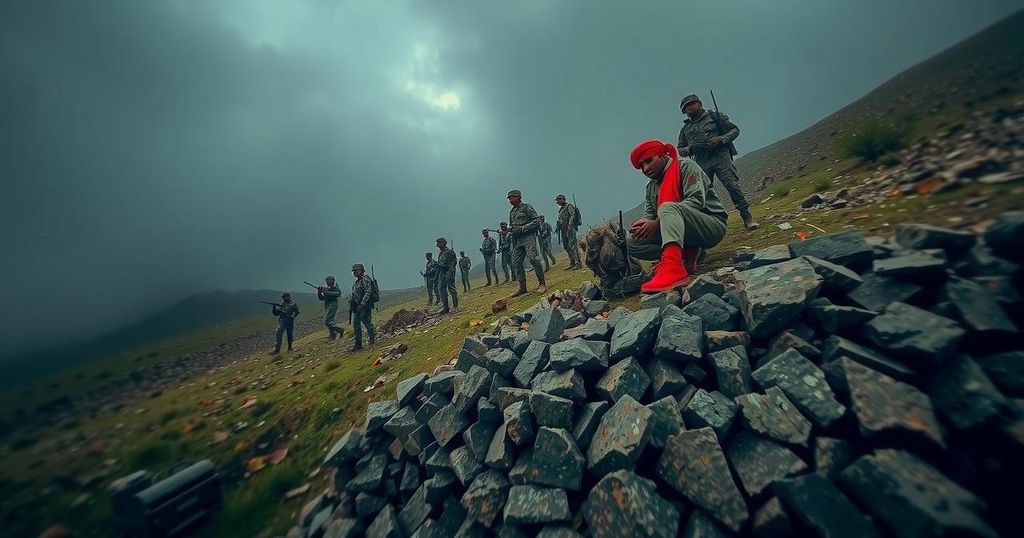Eritrea Continues Occupation in Ethiopia’s Tigray Region Two Years After War

Eritrean forces remain in occupied border regions of Ethiopia two years post-Tigray war, despite peace agreements mandating their withdrawal. The conflict resulted in approximately 600,000 deaths. Residents express feelings of neglect under Eritrean control, exacerbated by the halt of humanitarian support and services. The absence of the Eritrean military’s compliance with peace terms signifies challenges in achieving lasting peace.
Two years have passed since the peace agreement known as the Pretoria Accords was signed in November 2022, aiming to end the Tigray conflict in Ethiopia, which commenced in November 2020. Despite the cessation of hostilities, Eritrean forces continue to occupy several border regions, defying the stipulation within the agreement for their withdrawal. This occupation remains a significant concern, as many residents voice feelings of abandonment and distress under foreign rule. Reportedly, nearly 600,000 lives were lost during this conflict, and even after the peace accords, humanitarian aid and essential services to the region have yet to resume fully, causing dire consequences for the inhabitants of the Tigray region.
The Tigray war, which erupted in 2020, has left deep scars on Ethiopia, particularly in the northern Tigray region. Following the conflict which resulted in substantial casualties and a humanitarian crisis, the Ethiopian federal government and Tigray rebels reached a peace deal in November 2022. However, key players in the conflict, notably the Eritrean army and Amhara militias, were excluded from negotiations, and the peace deal’s effectiveness has been undermined by the continued Eritrean military presence in the occupied territories ready to exert control over local populations. This situation exacerbates local grievances and highlights the fragility of peace efforts.
The prolonged presence of Eritrean forces in border regions following the Pretoria Accords reflects ongoing challenges in Ethiopia’s path to stability. Over two years after a painful conflict claimed countless lives and devastated communities, the hopes for recovery and peace are threatened by the continued occupation. Without significant political engagement and a commitment to uphold the peace agreement, the underlying tensions may reignite, endangering the fragile peace and well-being of the local populace.
Original Source: www.france24.com








